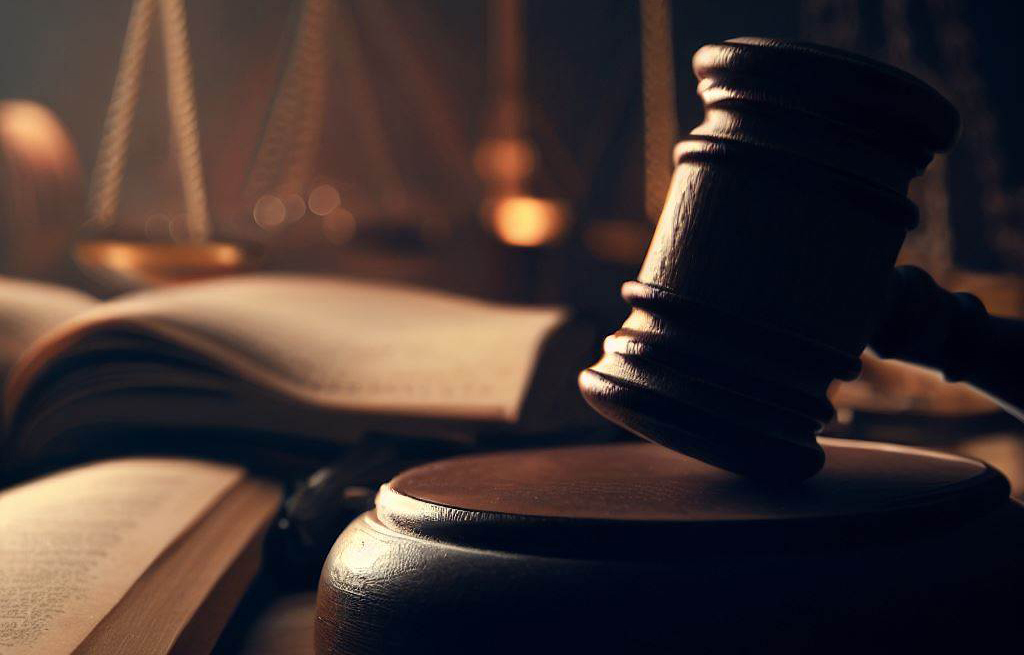
Civil Rights Of Every Indian
Every Indian citizen is entitled to certain civil rights that are protected by the Constitution of India. These civil rights form the foundation of individual freedoms and equality. Here are some key civil rights of every Indian:
- Right to Equality: Every Indian has the right to equality before the law and the equal protection of the law without discrimination based on race, religion, caste, sex, or place of birth.
- Right to Freedom of Speech and Expression: Indians have the right to express their thoughts, opinions, and ideas freely, subject to reasonable restrictions imposed in the interest of public order, morality, or the sovereignty and integrity of the nation.
- Right to Freedom of Religion: Every Indian has the freedom to profess, practice, and propagate any religion of their choice. They also have the right to manage religious affairs and institutions.
- Right to Freedom of Assembly: Indians have the right to peacefully assemble and hold meetings or processions without arms, subject to reasonable restrictions in the interest of public order and the sovereignty and integrity of the nation.
- Right to Freedom of Association: Every Indian has the right to form associations or unions, including political parties, trade unions, and social organizations, subject to reasonable restrictions in the interest of public order, morality, or the sovereignty and integrity of the nation.
- Right to Protection from Discrimination: Indians are protected from discrimination on grounds of religion, race, caste, sex, or place of birth. No citizen can be denied access to public places, employment, or educational opportunities based on these factors.
- Right to Protection of Life and Personal Liberty: Indians have the right to life and personal liberty, and no person can be deprived of these rights except according to the procedure established by law.
- Right to Education: Every child in India has the right to free and compulsory education between the ages of six and fourteen, as mandated by the Right to Education Act.
- Right to Information: Indians have the right to access information held by public authorities, subject to certain reasonable restrictions in the interest of national security, privacy, and other specified concerns.
- Right to Privacy: Indians have the right to privacy, which includes protection against unauthorized use or disclosure of personal information.
- Right to Constitutional Remedies: Every Indian has the right to approach the courts to seek enforcement of their fundamental rights. This ensures that citizens have recourse to legal remedies if their rights are violated.
These are some of the key civil rights guaranteed to every Indian citizen. The Constitution of India provides a comprehensive framework of rights and freedoms, aiming to promote equality, justice, and the dignity of all individuals.
